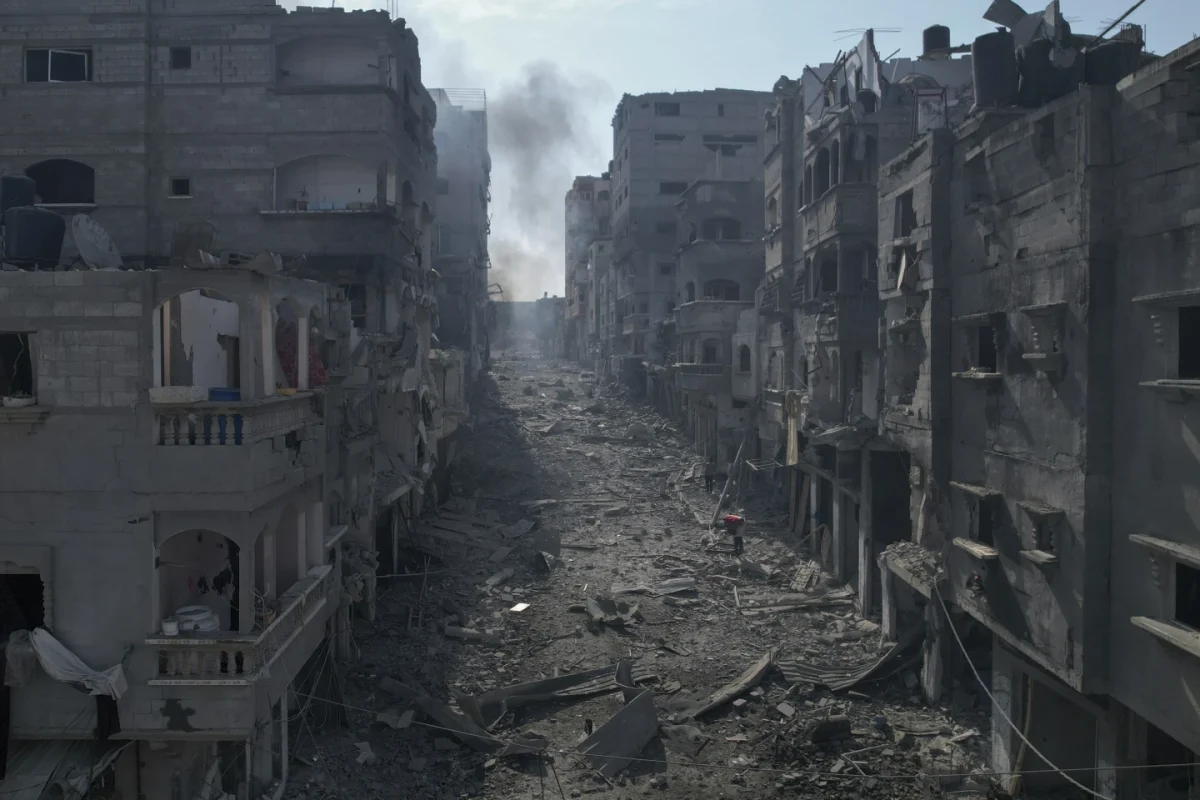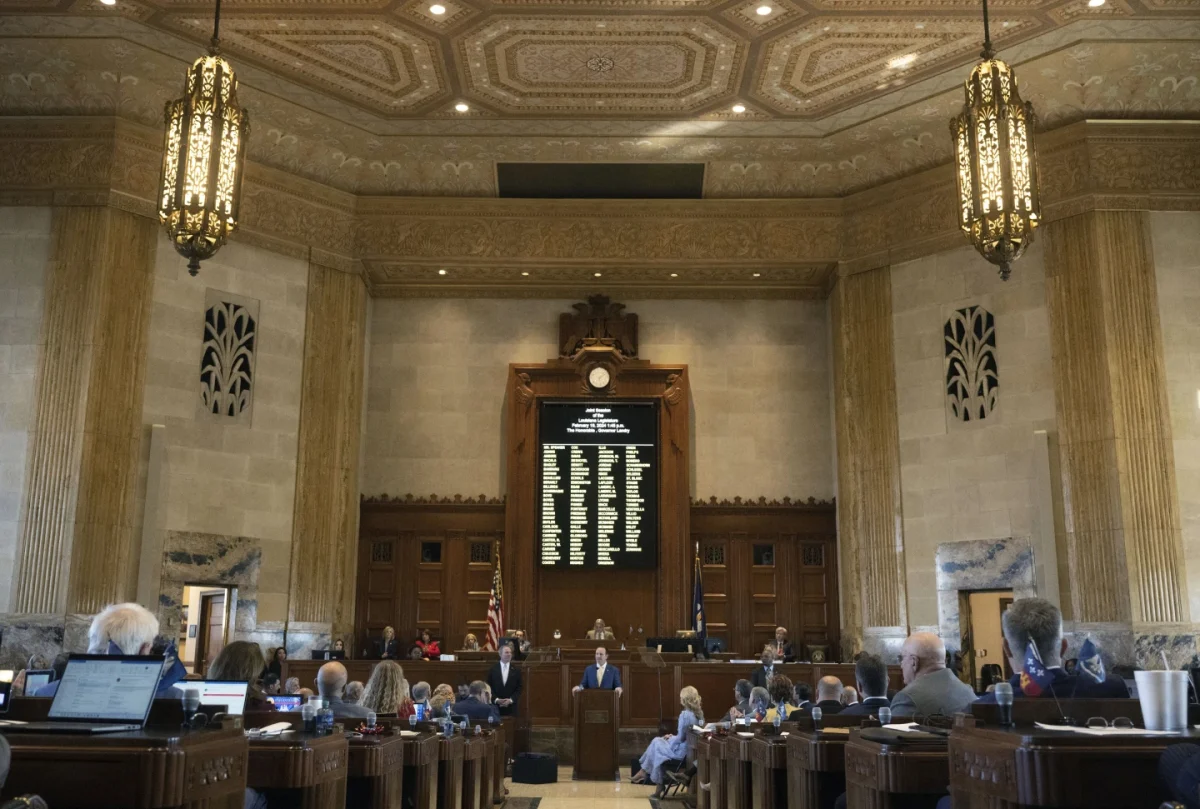When we as American citizens gaze with contempt at the highly stigmatized binary that exists between both law enforcement officers and those of whom they protect, we frequently have two prevailing trains of thought; with regard to the former we maintain that our law enforcement officers are neigh infallible, or that–at the least–we onlookers are collectively inept at understanding the dangers incurred by these brave individual’s professions, making our critiques of the enforcement system inherently untrue. The latter proclaims that law enforcement officers are, to a great extent, not looking out for the public good, making a direct reformation of the system a requirement for society at large. Clearly, these arguments border on reductio ad absurdum and are non-inclusive of incredibly complex interactions of the civil state and governmental enterprise. It is for this purpose that I wish to also address our law enforcement system and police brutality as a whole.
From the outset we have to understand that the assertions that ‘law enforcement officers are only getting bad press,’ or that ‘police brutality rates are equivalent to their corresponding statistics in the ‘60’s’ are absolutely untrue. The Justice Department’s Bureau of Justice Statistics has only compiled data on police brutality with earnest since 2002, as a direct result of the events of September 11th, 2001. What we can say however, is that by comparing two years—2002 to 2010—that in 2002 there were approximately 2,125 judicially significant cases of police brutality as compared to 4,861 in 2010 (2010 NPMSRP Police Misconduct Statistical Report [2011], Citizen Complaints About Police Use of Force Bureau of Justice Statistics—2002 [2006]). Our back-of-the-envelope math shows us that, over an eight year time span, instances of reported and significant police brutality have increased by 229%.
Furthermore, police brutality is unquestionably an issue of race in the United States. Between 2003 and 2009, over 2,900 arrest-related deaths occurred. A calculation based on that data shows that, per million individuals arrested, 3.99 Black individuals die as opposed to 0.9 White individuals when taken into police custody (Justice Department’s Bureau of Justice 2003-2009). The black and white of police brutality is this, if you have an individual that died in police custody—that is unacceptable. If a fellow human being dies by a system we endorse, that means we are at fault. When we hear about Sandra Bland, Michael Brown, watch the brutalities made public that effect countless others while doing nothing, we are at fault.
Now we must consider, once these use-of-force complaints have been found significant, how these cases are addressed in our judicial system, and the short answer is, they are approached with great leniency. The U.S. Bureau of Justice statistics show that 36% of sentenced law enforcement offenders spend time incarcerated as opposed to 68% in the general populace. Additionally, the time spent incarcerated for law enforcement officers found guilty is approximately 34.6 months as opposed to the general populace who spend approximately 49 months behind bars, on average. These numbers speak for themselves.
So when we say that, “… our culture attack(s) the virtue of law enforcement (officers) and (we) disregard the incredible work they do to protect our families, homes, and businesses…” we are not only uninformed about the reality of social issues present in the United States, but unwilling to realize that the “… media and elsewhere mak(ing) criminals victims and those risking their lives villains…” is neither reality, nor the greater issue at hand. We signed our Rousseauian social contract with our law enforcement officers so that they may protect and serve the public, and when our Black, Hispanic, Native American, or various other hyphenated American brothers and sisters are afraid of our law enforcement and are, in reality, statistically at risk of dying in police custody, we not only have a right to address this issue, but we have a moral prerogative to do so. Therefore, this isn’t a black and white ideological or partisan issue, this is a human rights issue, and we shouldn’t demonize our law enforcement agents, but we cannot exonerate the men and women we trust with our livelihoods of responsibility either.
Letter to the Editor: The Black and White of Police Brutality
By Blake Kruger
September 1, 2015
More to Discover







